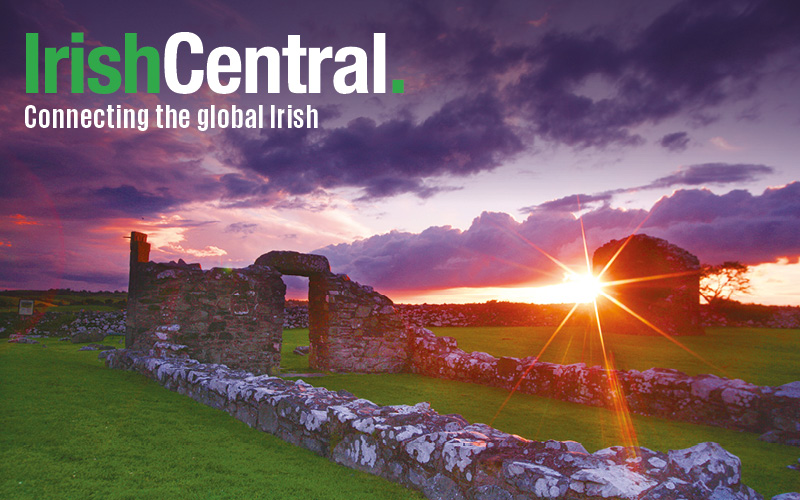Just how Irish is Liverpool? Could Ireland claim it as a Champion's League win on Saturday?
An Irish academic in Liverpool has suggested the city should join Ireland after a survey revealed a vast majority of its residents would willingly leave the UK following Brexit.
The historically Irish city was among the other large urban centers, including Manchester and London, which voted 'Remain' in the recent referendum, with 58 percent voting to stay in the EU. Only 48.1 percent did so across the entire UK, however.
After a 2016 poll in the “Liverpool Echo” newspaper revealed 70 percent of its readers favored leaving the UK following the result, Dublin-born Dr. Michael Holmes, currently the senior lecturer in politics at Liverpool Hope University, jokingly suggested Liverpool become Ireland’s 33rd county.
"Merseyside could apply to the Republic of Ireland for recognition and ask to become the 33rd county,” he said, echoing the calls of a top Irish banker earlier in 2016 that Ireland become the 51st state of the United States.
“Alternatively, we could arrange for a swap. For instance, we could exchange Merseyside for Co. Offaly.
"Doing so would also significantly improve the quality of Irish soccer,” Dr. Holmes added.
Liverpool is known for having a very strong Irish heritage, perhaps only second to Glasgow in terms of the number of residents who claim Irish ancestry.
Sometimes dubbed “the real capital of Ireland” by its residents, an estimated three-quarter of Liverpool’s population has Irish roots.
Liverpool Irish Festival 2015 from Hatch on Vimeo.
Many of those who traveled to Liverpool from Ireland were refugees of the Great Hunger and the Irish population spiked in the city during the famine years, with 300,000 arriving during the first five months of 1847 alone. Such was the massive numbers of Irish immigrants, it is believed 18 percent of the city’s population in 1851 was born in Ireland.
The influence of the large Irish population in Liverpool at the end of the 19th century was so significant that it became the first, and only, constituency outside of the island of Ireland to elect an MP from the Irish Nationalist Party. Westmeath-born journalist and politician, T.P. O'Connor, was returned in both the Galway and the Liverpool Scotland Road constituencies in 1885. He chose to sit for Liverpool and he remained as an MP for the city up until his death in 1929, some 44 years later. His nationalism ebbed in the later years of his life, however, and he is said to have become an enthusiast for the British empire.
Read more: Genealogy site reports 40 percent jump Irish roots searches post Brexit
The Irish brogue is even presumed to have heavily influenced the iconic 'Scouse' accent and many of the city’s most famous citizens can claim Irish roots.
The most famous Liverpudlians of them all, The Beatles, almost all have Irish ancestry. George Harrison had Irish Catholic ancestry on his mother’s side of the family, Sir Paul McCartney had both an Irish grandfather and an Irish great-grandfather, and John Lennon’s family were believed to have emigrated from Ireland in the 19th century also.
One of Ireland’s most well-known trade union leaders and social activists, Jim Larkin, was born in Liverpool before moving to Co. Down. Larkin is best known for his role in the 1913 Dublin Lockout, but he was also the founder of the Irish Transport and General Workers' Union, the Irish Labour Party, and later the Workers' Union of Ireland.
The city also has a history of links to unionism in Northern Ireland and is the only English city to have significant membership in the Orange Order. In 1999, founder and then leader of the Democratic Unionist Party Dr. Ian Paisley attempted to establish a branch of the party in Liverpool.
What do you think? Would Liverpool be a good addition to the 32 counties? Share your thoughts in the comment section.
H/T: The Irish Post




Comments